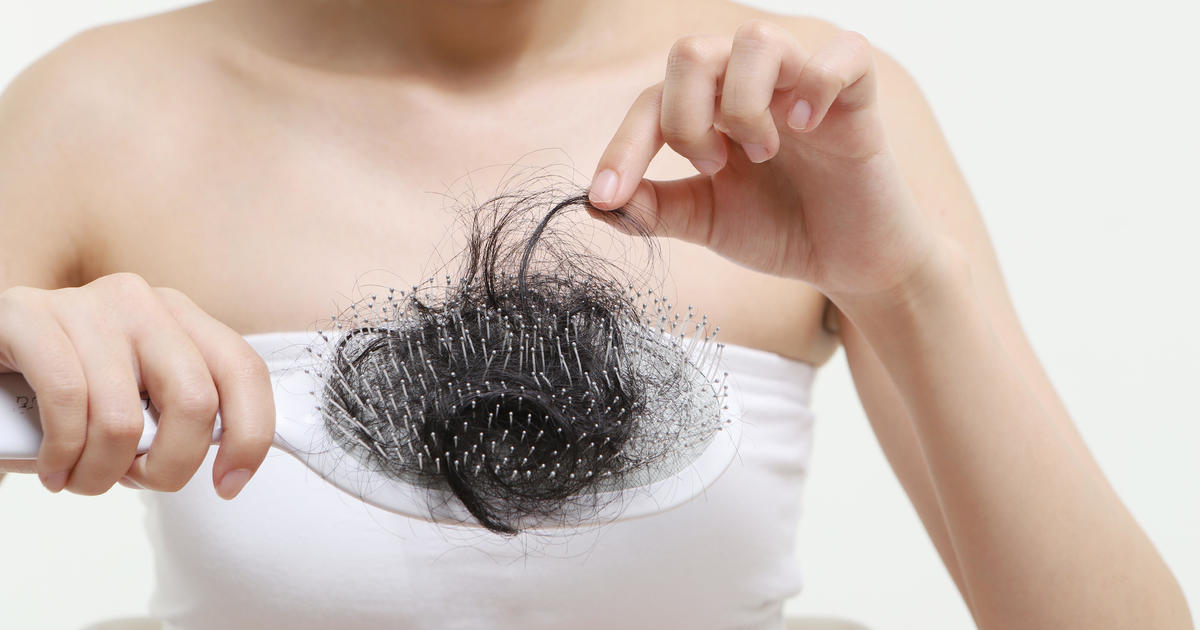
The past year has been a turbulent one at best, with almost every corner of the globe being affected by the Coronavirus pandemic in some capacity. We’ve learnt a lot about how the virus operates, and the risk factors that make certain people more vulnerable to serious symptoms, age being one of these for example. Reports have come in from some people losing their hair after having caught the virus, or from simply being close to someone who’s had the virus. In this article from Pharmica the online pharmacy, we delve into the reasons for this phenomenon, and let you know what you can do about it to get your hair back.
Why Do We Experience Hair Loss?
Hair loss affects upwards of 85% of men by the time they are 50, and over half of all women will experience hair loss during the course of their lives. Here are the common reasons for hair loss:
- Genes – hereditary hair loss, also known as pattern baldness, is the most common type of hair loss. This is dependent on the genes you’ve had passed down by both your father and mother. This type of hair loss typically appears as the hairline receding or hair thinning from the crown outwards.
- Age – as we get older, our hair spends longer in the resting phase of the hair growth cycle and thins naturally.
- Diet – a poor diet, without the appropriate levels of essential nutrient, especially those that promote healthy hair growth, will lead to lack of hair health and possibly hair loss.
- Stress – when considerable stress is experienced, either in a one off immensely stressful event or by persistent high levels of stress, the body prioritises other more essential bodily functions instead of the non-essential head hair growth.
Does the Covid-19 Virus Directly Lead to Hair Loss?
Although this was speculated in the early stages of the outbreak, there is no evidence that the actual virus itself has properties that directly cause hair loss. Similarly, there is no evidence that hair loss is a precursor or indicator of having the virus.
Does Covid-19 Magnify Hair Loss?
Whilst not causing hair loss directly, there is a strong correlation between the stress element of Covid-19 and hair loss. A condition known as Telogen Effluvium (TE) is the body’s response to intense stress, where the body prioritises other essential functions rather than hair growth. There has been a spike in this condition following the outbreak, and can affect those who have had the virus, as well as anyone who has been under intense stress during this time. This is likely to include those who have been adversely affected by covid-19, such as the loss of their job and financial struggles, being close to someone who has been ill with the virus, or who has experienced death of a loved one. In this instance, the body forces all hair follicles into the resting phase of hair growth. This means that in a few months’ time when the hair naturally shed to make way for new hair growth, that a lot of hair falls out simultaneously as opposed to the usual staggered 50-100 hairs per day. This gives the appearance of sudden hair loss, often patchy, all over the head, and is particularly distressing.
How to Treat TE Hair Loss
Thankfully, the nature of Telogen Effluvium stress-induced hair loss is that it is not permanent. In almost all circumstances, the hair should grow back in full in the space of 6 months to a year, over time alone.
You can, however, also use clinically proven hair loss medication to speed up the hair regrowth. Regaine Solution and Regaine Foam are the most popular Minoxidil topical treatments that are effective at preventing hair loss in 80% of men. Finasteride is a popular oral medication that targets the hair follicle in a different capacity, and so can be used alongside Minoxidil for best effects.